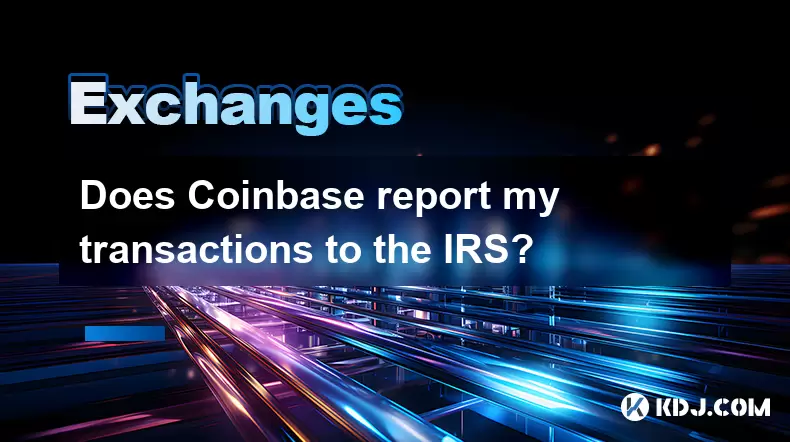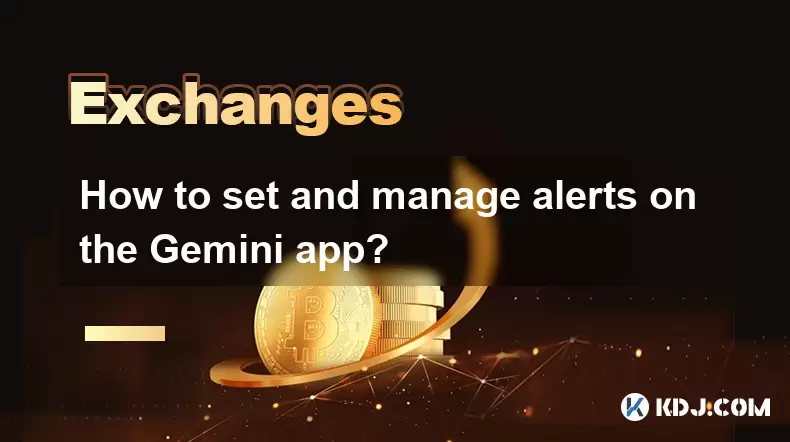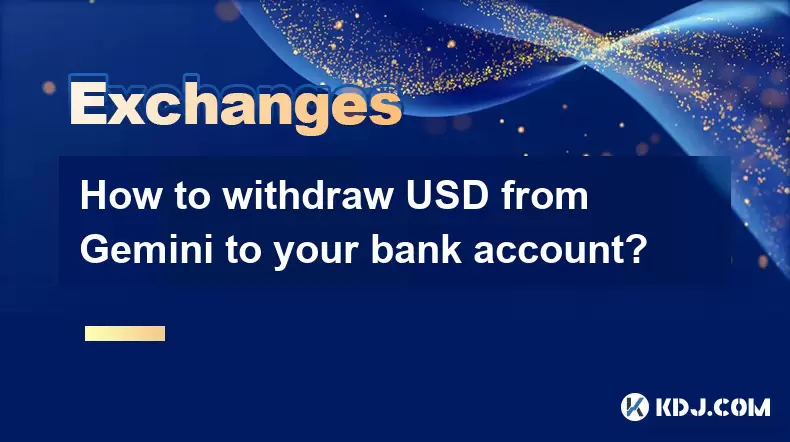-
 Bitcoin
Bitcoin $114400
0.68% -
 Ethereum
Ethereum $3550
2.48% -
 XRP
XRP $3.001
4.99% -
 Tether USDt
Tether USDt $0.9999
0.01% -
 BNB
BNB $757.6
1.46% -
 Solana
Solana $162.9
1.07% -
 USDC
USDC $0.9998
0.00% -
 TRON
TRON $0.3294
0.91% -
 Dogecoin
Dogecoin $0.2015
2.46% -
 Cardano
Cardano $0.7379
2.01% -
 Stellar
Stellar $0.4141
8.83% -
 Hyperliquid
Hyperliquid $37.83
-1.91% -
 Sui
Sui $3.454
0.76% -
 Chainlink
Chainlink $16.62
3.53% -
 Bitcoin Cash
Bitcoin Cash $554.6
2.84% -
 Hedera
Hedera $0.2486
3.91% -
 Ethena USDe
Ethena USDe $1.001
0.00% -
 Avalanche
Avalanche $21.95
3.34% -
 Toncoin
Toncoin $3.563
-2.85% -
 Litecoin
Litecoin $112.7
2.65% -
 UNUS SED LEO
UNUS SED LEO $8.977
0.13% -
 Shiba Inu
Shiba Inu $0.00001232
1.85% -
 Uniswap
Uniswap $9.319
2.93% -
 Polkadot
Polkadot $3.632
1.38% -
 Monero
Monero $307.2
2.36% -
 Dai
Dai $0.9997
-0.03% -
 Bitget Token
Bitget Token $4.340
0.91% -
 Pepe
Pepe $0.00001048
1.07% -
 Cronos
Cronos $0.1348
3.26% -
 Aave
Aave $261.5
1.93%
Does Coinbase report my transactions to the IRS?
Coinbase, a major U.S. crypto exchange, reports user transactions to the IRS, issuing 1099 forms for eligible activity, while users must report all taxable events regardless of form receipt.
Jul 07, 2025 at 02:51 am

What is Coinbase and How Does It Operate?
Coinbase is one of the largest cryptocurrency exchanges in the United States, offering users a platform to buy, sell, and store various digital assets. With its user-friendly interface and robust security features, it has become a go-to choice for both beginners and experienced traders. However, as with any financial service that handles taxable events, users often wonder how their data is handled by government authorities.
One of the key aspects of using Coinbase is understanding how it interacts with tax reporting agencies like the IRS. As a U.S.-based company, Coinbase must comply with federal regulations, including those related to taxation and financial reporting. This means that certain transactional data may be shared with the Internal Revenue Service under specific circumstances.
Does Coinbase Issue Tax Documents?
Yes, Coinbase issues Form 1099-MISC and/or Form 1099-K to eligible users who meet certain thresholds during the tax year. These forms are used by the IRS to track income from miscellaneous sources or payment card and third-party network transactions, respectively.
Form 1099-MISC is typically sent to users who earned more than $600 in rewards or staking income through Coinbase Earn, while Form 1099-K applies to users who conducted a high volume of transactions via debit card or merchant services. These forms are automatically generated and submitted to the IRS if the applicable thresholds are met.
It’s important to note that not every Coinbase user will receive a 1099 form, as these are only issued when specific activity levels are reached. However, this does not exempt users from reporting all taxable events on their personal tax returns.
What Types of Transactions Are Reported?
Any taxable event involving cryptocurrency may be subject to reporting by Coinbase, depending on the nature of the transaction and the user's account type. Examples include:
- Selling cryptocurrency for fiat currency (e.g., USD)
- Exchanging one cryptocurrency for another
- Earning crypto through staking, referral bonuses, or interest programs
In some cases, Coinbase may provide a detailed transaction history or cost basis report that can assist users in calculating capital gains or losses. However, users are ultimately responsible for accurately reporting all taxable activities, even if they do not receive a 1099 form.
Additionally, Coinbase maintains records of user transactions and may share them with the IRS upon request, especially in response to legal inquiries or audits.
How Can I Access My Tax Documents on Coinbase?
Coinbase provides a centralized location within the platform where users can access their tax documents, including 1099 forms and downloadable transaction histories. Here’s how to retrieve them:
- Log into your Coinbase account
- Navigate to the "Tax Center" section
- Select the relevant tax year
- Download your 1099 form or CSV file containing transaction details
Make sure you have a verified identity on Coinbase, as this is required to access sensitive documentation. Also, check your email inbox for notifications regarding the availability of tax forms, as Coinbase typically sends alerts once they’re ready for download.
If you're unsure about which documents apply to your situation, review Coinbase’s help center articles or reach out to their support team for clarification.
What Should I Do If I Don’t Receive a 1099 Form?
Not receiving a 1099 form does not absolve you from reporting crypto-related income or capital gains to the IRS. Even if your transaction volume doesn't trigger a 1099, you are still obligated to declare all taxable events on your tax return.
To ensure accuracy:
- Export your complete transaction history from Coinbase
- Use a crypto tax software tool to calculate gains and losses
- Consult with a licensed tax professional familiar with cryptocurrency regulations
Remember, Coinbase may still maintain a record of your activity and could provide it to the IRS in the future, particularly during an audit or investigation.
Frequently Asked Questions
Is Coinbase the only exchange that reports to the IRS?
No, many U.S.-based cryptocurrency exchanges, including Kraken, Gemini, and Binance.US, also report user activity to the IRS. Any platform operating under U.S. jurisdiction is likely to comply with federal reporting requirements.
Do I need to report crypto transactions if I didn’t receive a 1099?
Yes, you are required to report all taxable crypto transactions regardless of whether you received a 1099 form. The absence of a 1099 does not exempt you from your tax obligations.
Can I delete my Coinbase account to avoid reporting?
Deleting your Coinbase account does not erase transaction history or remove your responsibility to report past activity to the IRS. Coinbase retains records for regulatory compliance purposes.
How does the IRS track cryptocurrency transactions?
The IRS uses tools such as data matching, blockchain analysis, and information sharing agreements with exchanges to track cryptocurrency transactions. They may also issue John Doe summonses to obtain user data from platforms like Coinbase.
Disclaimer:info@kdj.com
The information provided is not trading advice. kdj.com does not assume any responsibility for any investments made based on the information provided in this article. Cryptocurrencies are highly volatile and it is highly recommended that you invest with caution after thorough research!
If you believe that the content used on this website infringes your copyright, please contact us immediately (info@kdj.com) and we will delete it promptly.
- Cryptocurrency, Altcoins, and Profit Potential: Navigating the Wild West
- 2025-08-04 14:50:11
- Blue Gold & Crypto: Investing Disruption in Precious Metals
- 2025-08-04 14:30:11
- Japan, Metaplanet, and Bitcoin Acquisition: A New Era of Corporate Treasury?
- 2025-08-04 14:30:11
- Coinbase's Buy Rating & Bitcoin's Bold Future: A Canaccord Genuity Perspective
- 2025-08-04 14:50:11
- Coinbase's Buy Rating Maintained by Rosenblatt Securities: A Deep Dive
- 2025-08-04 14:55:11
- Cryptos, Strategic Choices, High Returns: Navigating the Meme Coin Mania
- 2025-08-04 14:55:11
Related knowledge

How to set and manage alerts on the Gemini app?
Aug 03,2025 at 11:00am
Understanding the Gemini App Alert SystemThe Gemini app offers users a powerful way to stay informed about their cryptocurrency holdings, price moveme...

How to use the Gemini mobile app to trade on the go?
Aug 04,2025 at 09:14am
Setting Up the Gemini Mobile AppTo begin trading on the go using the Gemini mobile app, the first step is installing the application on your smartphon...

What to do if you forgot your Gemini password?
Aug 04,2025 at 03:42am
Understanding the Role of Passwords in Gemini AccountsWhen using Gemini, a regulated cryptocurrency exchange platform, your password serves as one of ...

What are the websocket feeds available from the Gemini API?
Aug 03,2025 at 07:43pm
Overview of Gemini WebSocket FeedsThe Gemini API provides real-time market data through its WebSocket feeds, enabling developers and traders to receiv...

How to withdraw USD from Gemini to your bank account?
Aug 04,2025 at 11:01am
Understanding Gemini and USD WithdrawalsGemini is a regulated cryptocurrency exchange platform that allows users to buy, sell, trade, and store digita...

How to manage your portfolio on Gemini?
Aug 03,2025 at 10:36am
Accessing Your Gemini Portfolio DashboardTo begin managing your portfolio on Gemini, you must first log in to your account through the official websit...

How to set and manage alerts on the Gemini app?
Aug 03,2025 at 11:00am
Understanding the Gemini App Alert SystemThe Gemini app offers users a powerful way to stay informed about their cryptocurrency holdings, price moveme...

How to use the Gemini mobile app to trade on the go?
Aug 04,2025 at 09:14am
Setting Up the Gemini Mobile AppTo begin trading on the go using the Gemini mobile app, the first step is installing the application on your smartphon...

What to do if you forgot your Gemini password?
Aug 04,2025 at 03:42am
Understanding the Role of Passwords in Gemini AccountsWhen using Gemini, a regulated cryptocurrency exchange platform, your password serves as one of ...

What are the websocket feeds available from the Gemini API?
Aug 03,2025 at 07:43pm
Overview of Gemini WebSocket FeedsThe Gemini API provides real-time market data through its WebSocket feeds, enabling developers and traders to receiv...

How to withdraw USD from Gemini to your bank account?
Aug 04,2025 at 11:01am
Understanding Gemini and USD WithdrawalsGemini is a regulated cryptocurrency exchange platform that allows users to buy, sell, trade, and store digita...

How to manage your portfolio on Gemini?
Aug 03,2025 at 10:36am
Accessing Your Gemini Portfolio DashboardTo begin managing your portfolio on Gemini, you must first log in to your account through the official websit...
See all articles

























































































